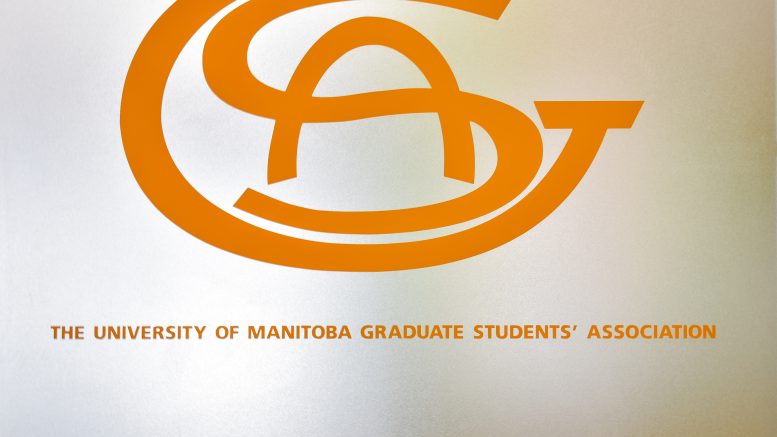Graduate students at the University of Manitoba elected Christopher Yendt as the next president of the University of Manitoba Graduate Students’ Association (UMGSA) last month.
The UMGSA general election was open to all graduate students from March 20 to 21 via online voting.
Yendt, who is currently pursuing a PhD in education, explained that his slate, “Vision,” focused its campaign on four key issues.
The first item on the agenda for Yendt and his team is to address the financial pressures faced by graduate students. He said the team wants to “reconceptualize” the supports and services offered by the university.
The second issue Yendt referenced was improving safety across the U of M campuses.
He noted that some graduate students have raised safety concerns, particularly going to and from campus.
“We’ve heard from a number of graduate students that there are concerns related to not only transit and accessing campus that way, but also in accessing campus through the parking lots, and other pieces around campus that we think could be done better,” Yendt said.
The third pillar of the slate’s platform is to develop a strategic plan for UMGSA. This will coincide with the strategic plan that the U of M aims to release in the fall of 2023.
“I think our goal with the strategic planning piece, which is one that’s very close to my heart, is to create spaces in which graduate students feel like they can contribute their thoughts and ideas,” Yendt explained.
The fourth campaign promise from Yendt’s slate was to advance graduate students’ interests through partnership and collaboration. Yendt highlighted the importance of collaboration among the university’s cohort of graduate students.
Yendt said that he wants to address concerns some grad students have about their faculties’ issues receiving less attention than others.
“I think the way in which we achieve some progress in that space is by leveraging our council and our other connected graduate students, be they in specific programs, be they faculty societies, program societies and things like that, to engage with those issues more directly,” he said.
“I think the issues that we might get on the ground in a program like chemistry may look very, very different than a program like an MBA program,” he continued.
“In order for us to service those needs, we have to understand them more fulsomely.”
With a provincial election in the coming year, Yendt said UMGSA should be mindful of the “very different visions” for post-secondary education offered by the competing political parties and how best to “leverage our voice of 4,000 students at the institution” to make changes on issues such as the reinstatement of international students’ health care and addressing cuts made to other programs.
“I think this is an opportunity for us to really rally our membership to pushing back on some of those pieces,” he said.
Yendt has served in multiple student government positions previously, including three years as president of the graduate students’ association at his previous school. He said that he is passionate about student government and leadership, which is also a focus of his research in education.
He believes it will take “a collective voice to reach a collective vision” for UMGSA.
“I think the rest of our team is pretty [invested] in that goal and that outcome as well, and I think they’re all excited and ready to go to see where we can take UMGSA this year,” he said.



